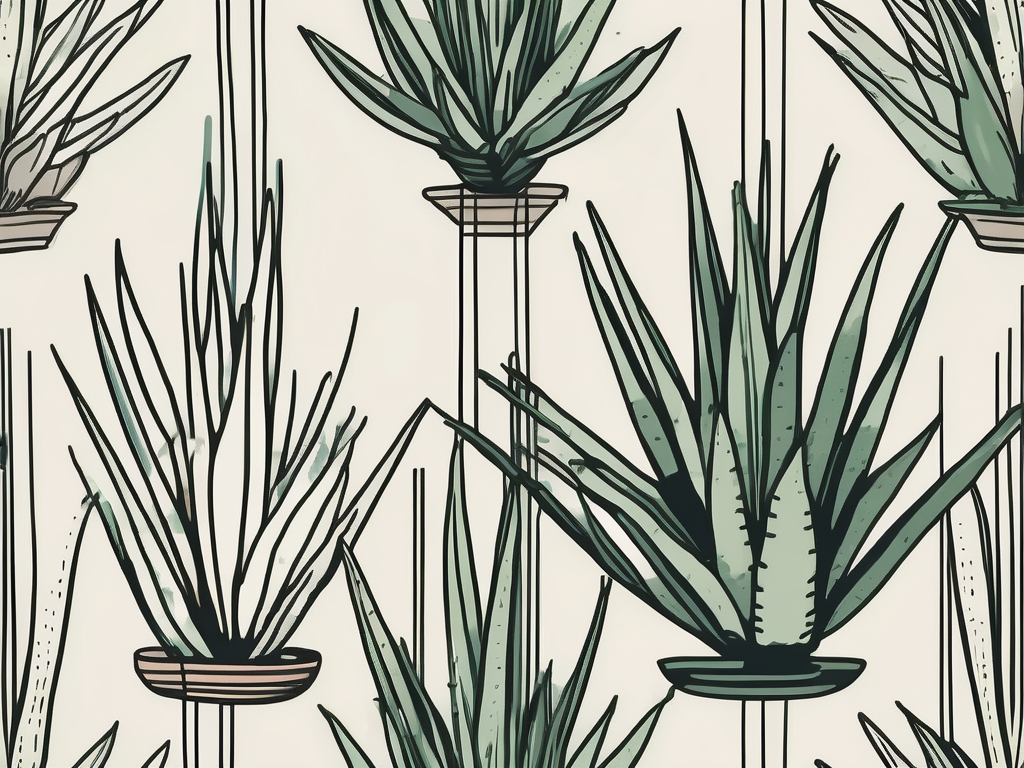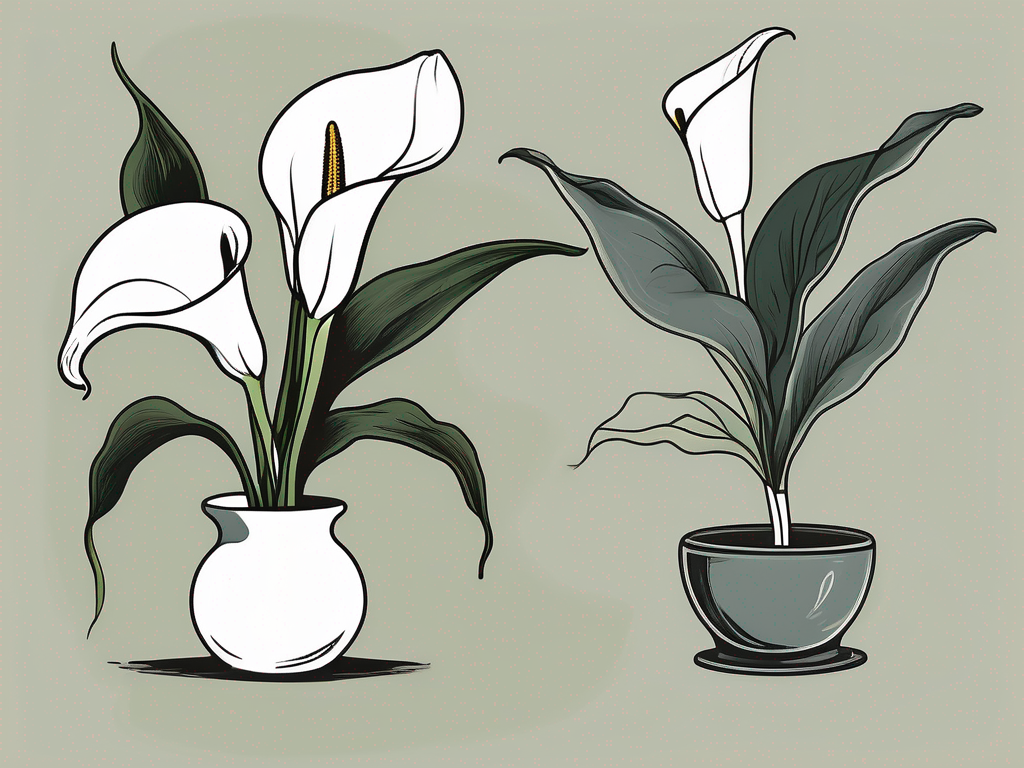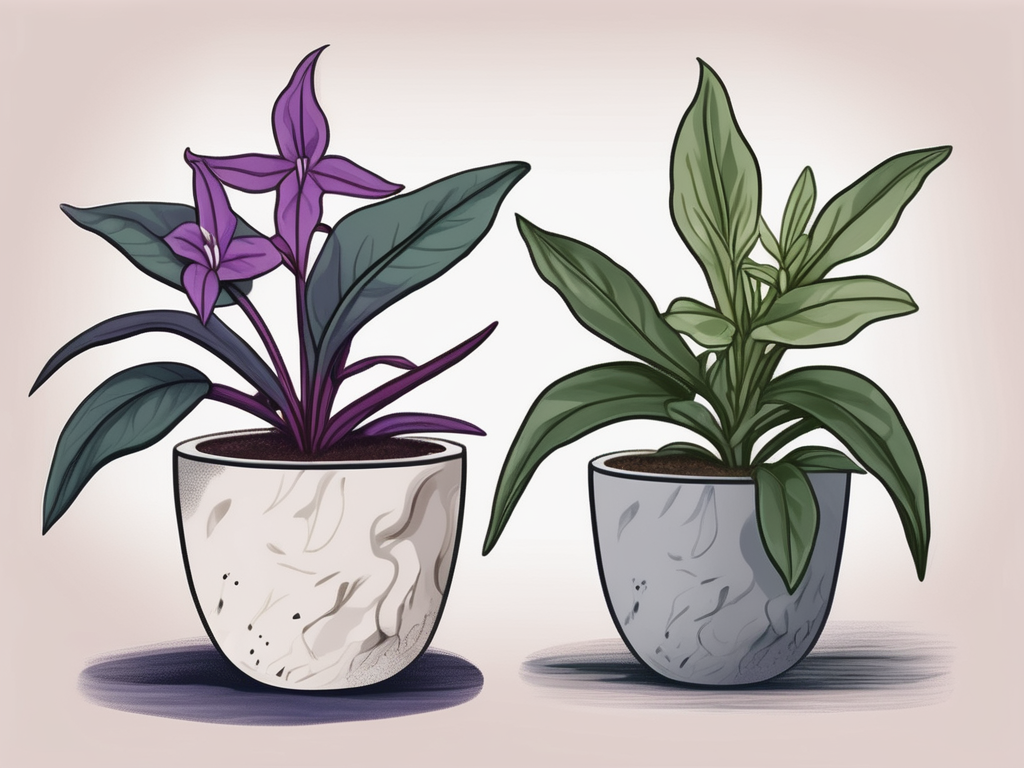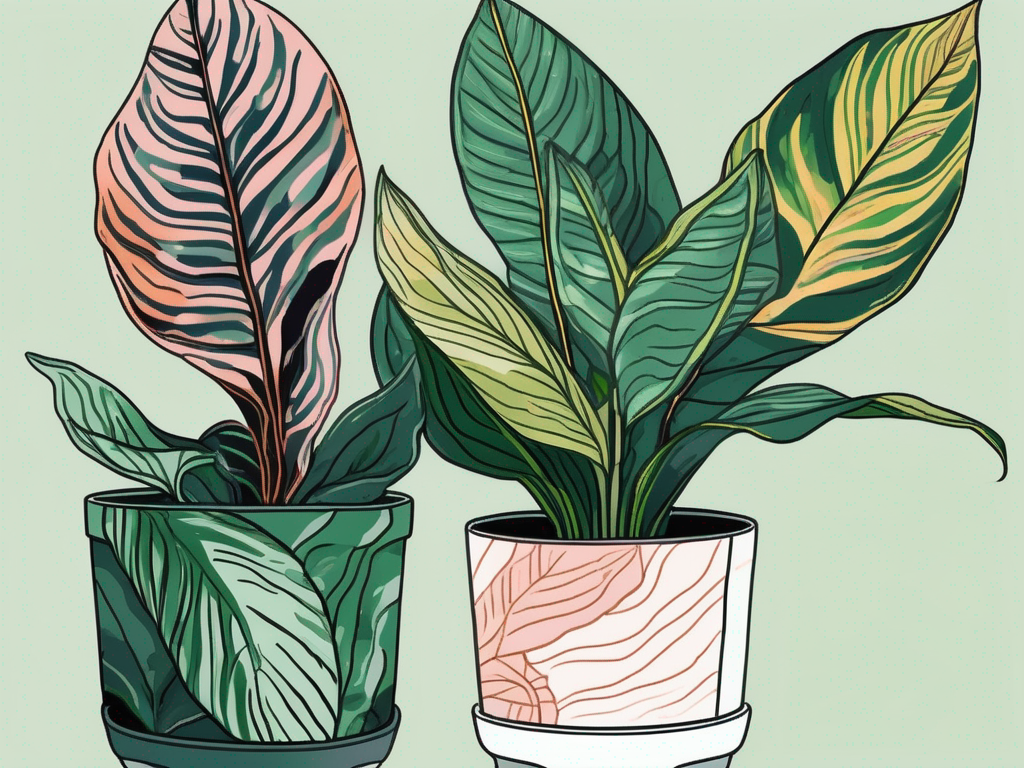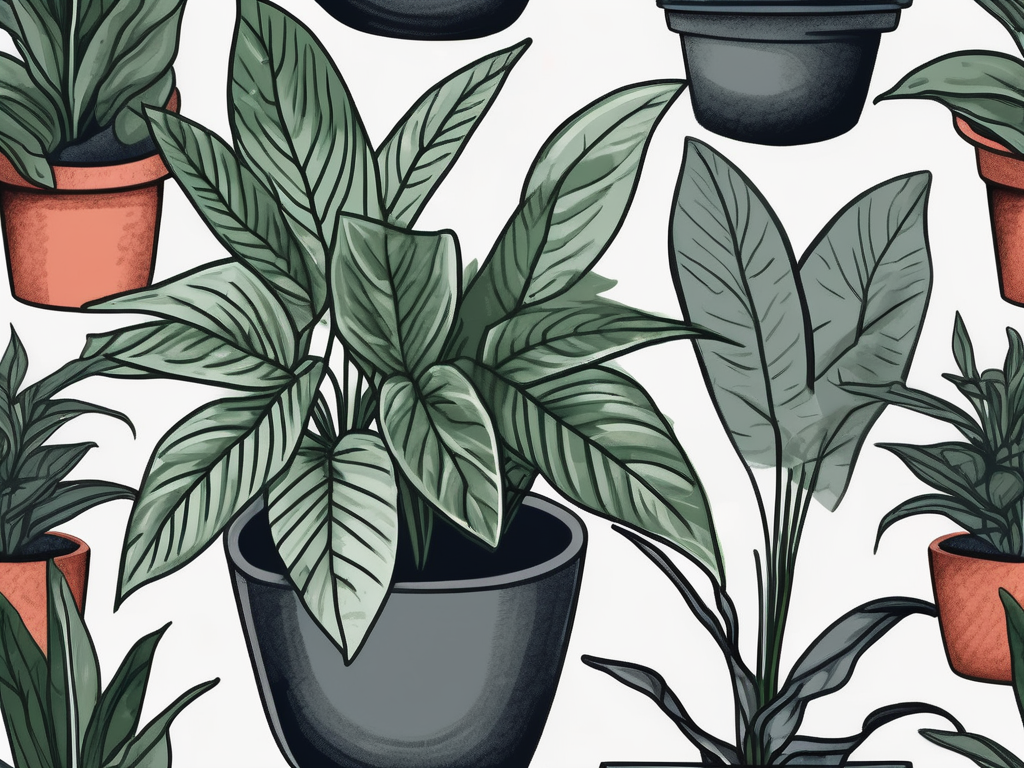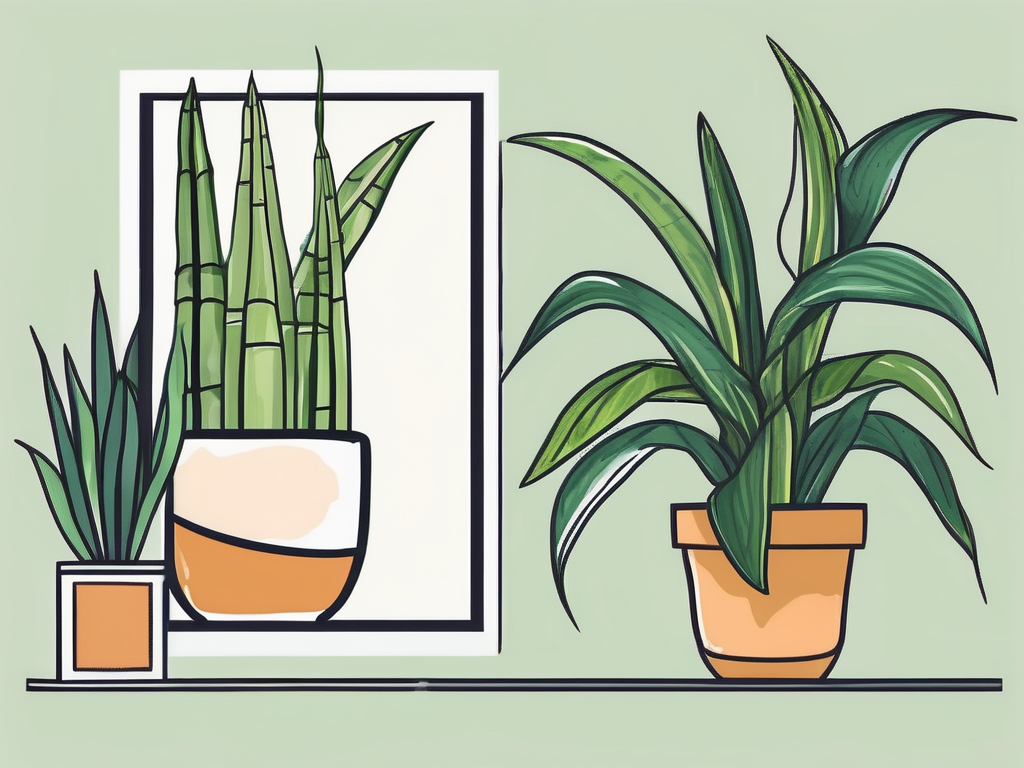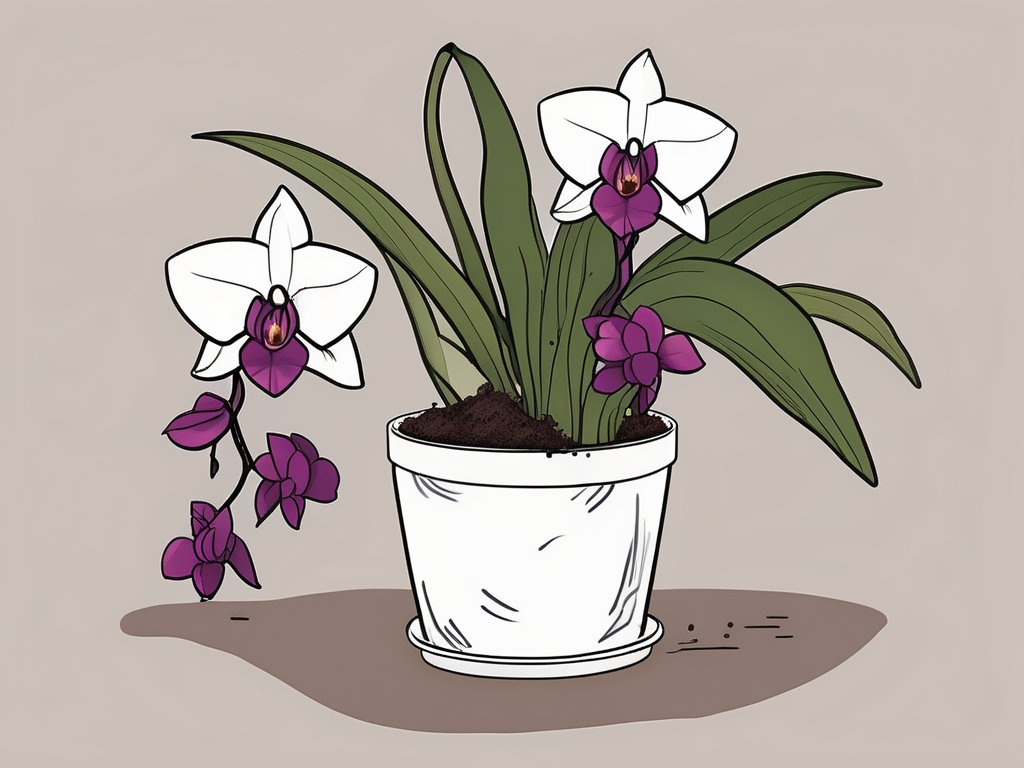
Orchids are often seen as the divas of the plant world, and the Dendrobium variety certainly fits this reputation. But don't let their exotic appearance fool you into thinking they're impossible to care for. With the right soil mix, these beauties can thrive in your home, adding a touch of elegance and serenity to your space.
In this article, we’ll explore the best soil for Dendrobium orchids, providing you with practical tips and insights to help you create the perfect environment for them to flourish. From understanding their natural habitat to creating a custom mix, we've got you covered.
Dendrobium Orchids: A Quick Overview
Dendrobium orchids are a diverse group, with over 1,500 species that can be found across Asia, Australia, and the Pacific islands. These orchids are known for their long-lasting flowers and striking appearance. But what makes them truly fascinating is their adaptability to various climates and conditions.
In the wild, Dendrobiums grow on trees or rocks, which means they don't rely on soil in the typical sense. Instead, they absorb moisture and nutrients from the air and their surroundings. This unique growth habit means that when you're potting them at home, you need to mimic these conditions as closely as possible.
Understanding this natural habitat is crucial when choosing the right soil mix for your Dendrobium orchids. A good mix will not only provide the necessary support but will also ensure proper drainage and aeration, which are essential for healthy root development.
Why Soil Choice Matters
Choosing the right soil for your Dendrobium orchids is like picking the perfect pair of shoes. The wrong fit can lead to discomfort and, eventually, problems. Orchids are no different. The wrong soil mix can lead to poor drainage, root rot, and, ultimately, a weak plant.
So, why is this soil mix so crucial? For starters, Dendrobium orchids need a balance of moisture and air. Too much moisture can suffocate the roots, while too little can leave them parched. The right mix will provide the perfect balance, ensuring your orchid stays healthy and vibrant.
Additionally, the right soil mix helps with nutrient absorption. While orchids get some nutrients from the air, they still rely on their roots to absorb essential minerals. A well-balanced mix will ensure your Dendrobium orchids get the nutrients they need to grow and bloom beautifully.
Components of the Ideal Orchid Mix
Creating the perfect soil mix for your Dendrobium orchids involves combining several key components. Each element plays a specific role in ensuring your orchids have the best possible environment.
- Bark: Fir bark is a popular choice for orchid mixes. It provides excellent aeration and drainage while offering some stability for the plant.
- Charcoal: This component helps to absorb excess moisture and prevent root rot. It also keeps the mix fresh by preventing the buildup of harmful bacteria.
- Perlite: Known for its lightweight and airy texture, perlite improves drainage and aeration, ensuring the roots have access to the air they need.
- Sphagnum Moss: While not always necessary, sphagnum moss is excellent for retaining moisture. It's particularly useful in dry climates or if you tend to underwater your plants.
Combining these components in the right proportions will give your Dendrobium orchids a well-balanced, supportive environment that mimics their natural habitat.
Creating Your Custom Orchid Soil Mix
Now that you know the components, it's time to get your hands dirty—literally! Mixing your own orchid soil can be a rewarding experience, and it lets you tailor the mix to suit your specific conditions and preferences.
Here's a simple recipe to start with:
- 2 parts fir bark
- 1 part perlite
- 1 part charcoal
- Optional: 1 part sphagnum moss for added moisture retention
Mix these components thoroughly in a large container until they're well combined. If you notice that the mix feels too dry, consider adding a bit more sphagnum moss. Conversely, if it's too moist, reduce the moss or perlite content.
Remember, this is a starting point. Feel free to adjust the proportions based on your climate and the specific needs of your orchids. The beauty of creating your own mix is that you can tweak it until it's just right for your plants.
Repotting Your Dendrobium Orchids
Repotting is an essential part of orchid care, and doing it right can lead to healthier, happier plants. But when exactly should you repot your Dendrobium orchids?
Generally, it's best to repot orchids every 1-2 years, or when you notice the mix breaking down. Signs that it's time to repot include:
- The potting mix is decomposed or compacted.
- Roots are overflowing the pot or circling tightly.
- You notice signs of root rot, such as mushy or discolored roots.
When repotting, gently remove the orchid from its pot, taking care to minimize root damage. Trim any dead or rotted roots, then place the orchid in a new pot. Fill in with your custom soil mix, ensuring the plant is stable but not packed too tightly.
After repotting, give your orchid a good soak to help settle the mix and remove any air pockets. Be patient, as it may take a few weeks for the plant to adjust to its new home.
Watering Tips for Dendrobium Orchids
Watering is a delicate dance with orchids. Too much, and you risk drowning the roots; too little, and they can dry out. So, how do you find that sweet spot?
The key is to water when the mix is dry but not bone dry. This could be every 7-10 days, depending on your climate and the potting mix. During the growing season, your Dendrobium orchids may need more frequent watering, while in the dormant period, you can scale back.
When watering, thoroughly soak the mix until water runs out of the drainage holes. This ensures all the roots receive moisture. Allow the mix to dry out completely before watering again.
If you're unsure whether to water, stick your finger into the mix about an inch deep. If it feels dry, it's time to water. If it's still moist, wait a few more days.
Fertilizing Your Orchids
Fertilizing is like giving your orchids a little boost of energy. While they don't need as much fertilizer as other plants, a little goes a long way in encouraging growth and blooms.
Use a balanced orchid fertilizer, usually something like 20-20-20, and apply it every 2-4 weeks during the growing season. Be sure to dilute it to half strength to avoid burning the roots.
During the dormant period, you can reduce fertilizing to once a month or even not at all, depending on the plant's needs. Always water your orchids before fertilizing to prevent root damage.
Pest and Disease Management
Like any houseplant, orchids can occasionally fall victim to pests and diseases. The good news is that with the right care, these issues can often be prevented or quickly resolved.
Common pests include spider mites, aphids, and mealybugs. Regularly inspect your plants, especially the undersides of leaves, and remove any visible pests with a damp cloth or insecticidal soap.
Root rot is a common issue, often caused by overwatering. If you notice mushy roots or a foul smell, it's time to repot the plant with fresh mix and trim away any affected roots.
Maintaining good air circulation around your orchids can also help prevent disease. Consider placing a fan nearby or opening windows when the weather permits.
Designing with Dendrobium Orchids
Now that you're a pro at caring for Dendrobium orchids, let's talk about how to showcase these beauties in your home. Their elegant blooms and striking forms make them perfect for adding a touch of sophistication to any space.
Consider placing them in a bright, indirect light area, such as a windowsill or a well-lit room. Grouping them with other orchids or different plant types can create a stunning focal point. Just be sure they have enough space to breathe.
For a modern look, choose sleek, minimalist pots that complement the orchid's natural elegance. Alternatively, for a more traditional feel, opt for classic ceramic or terracotta pots.
Remember, your orchids are living art, so have fun experimenting with different placements and arrangements until you find the perfect spot.
Final Thoughts
Caring for Dendrobium orchids might seem intimidating at first, but with the right soil mix and a bit of patience, you'll find it can be a rewarding experience. From selecting the perfect components for your soil mix to understanding their unique needs, this guide has provided you with the knowledge to keep your orchids healthy and thriving.
At Cafe Planta, we believe that plants have the power to bring people together and inspire us to connect with nature. Whether you're an experienced plant parent or just starting your plant journey, we're here to help you create a beautiful, thriving plant collection in your home. If you have any questions, feel free to email us or DM us on Instagram. We're excited to share our love of plants with you!

